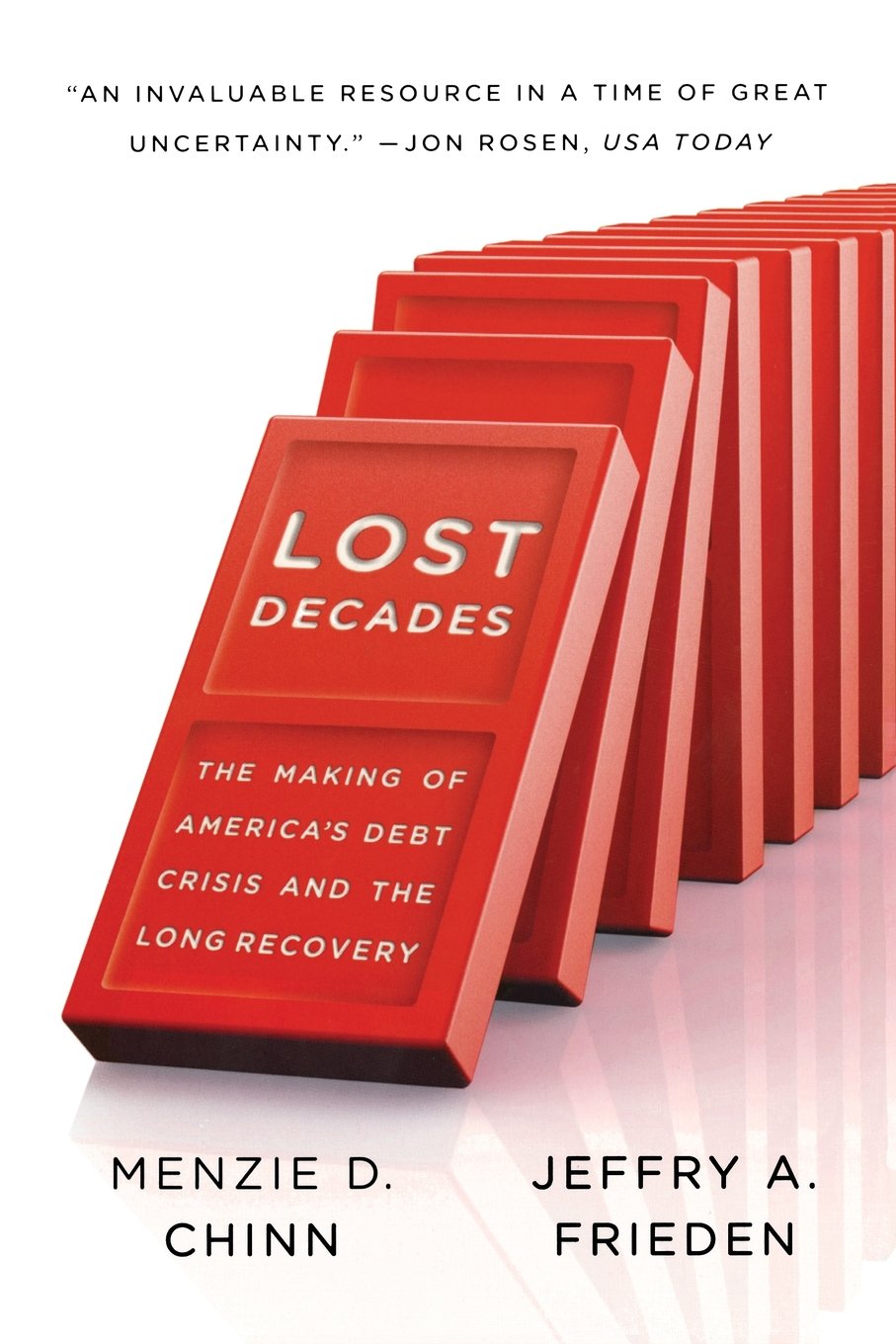


"Republicans cut taxes to create deficits that restrained their opponents."
"Foreign borrowing, like any borrowing, makes sense if the borrowed money is used productively."
"Foreign debts made the good times better; they made the bad times worse."
"Facing a trade-off between recession now versus recession later makes the choice easy: you're in office now, somebody else will be in office later."
"Greater risks get lenders additional return on each dollar's investments. Leverage augmented this increased appetite for risk: owners of highly leveraged financial institutions have less of their own money at stake. If something goes wrong and the firm goes under, its owners' downside losses are limited to their own capital."
"As complexity grew, transparency declined. With each additional layer of securitization, it became more and more difficult to figure out the real worth of a given security, and in particular how risky it might be."
"A bank that is facing liquidity problems is out of ready cash; a bank that is insolvent is out of business."
"There are times when, in order to protect the innocent, society has to bail out the guilty, and this crisis was one of those times."
"Ironically, one of the principal results of the debt crisis [in Latin America] was a wave of democratization."
"Outrage grew apace, as the government threw hundreds of billions of dollars of taxpayer money into bailing out some of those most responsible for the crisis, while the culprits continued to pay themselves huge bonuses."
"Merrill Lynch lost $27.6 billion in 2008, collapsed spectacularly, had to be bought by Bank of America, and was rescued with $10 billion in federal money; yet at the end of that disastrous year, its management approved bonuses of $3.6 billion."
"All of these reasons to worry about chronic, large-scale deficits are subsumed by the most important reason: they impose massive costs on future generations, who did nothing to incur them. Excessive borrowing now means that our descendants inherit a smaller capital stock and a smaller economy."
"Meanwhile, the country's taxpayers appear unwilling to accept that higher taxes are the price a society pays for the programs it adopts."
"National policies to address desperate national conditions ended up imposing costs on other countries - not on purpose, but as an unintended consequence of measures undertaken in grave circumstances under serious political stress."
"The danger [to globalization] is not a sudden plunge into trade wars, but a gradual erosion of support for compromise with commercial and financial partners, a gradual decline in patterns of cooperation and collaboration."
"John Maynard Keynes is said to have remarked, 'If you owe your bank manager a thousand pounds, you are at his mercy. If you owe him a million pounds, he is at your mercy.' The same is true of countries: debtors can hold their creditors hostage just as surely as the other way around."
"A government (or firm, or household) does not impose externalities on others on purpose; they are an inadvertent result of self-interested behavior that does not take the well-being of neighbors into account."
"In both [the US and China], clearly, it's the producers who dominate currency politics; consumers are too disparate a group to play an organized role."
"But conscientious politicians have a duty to use their access to greater information and greater authority to avoid policy traps, not to exploit them."
"Americans need to decide which services they want their government to deliver and then pay for those services."
"Because the government taxes income rather than consumption, it makes consuming today more attractive than saving for the future."
"Institutions too big to fail create the possibility of 'private profits and socialized losses.'"
"Americans face a serious economic challenge. They lost the first decade of the century to a boom that enriched the wealthiest, and a subsequent bust that impoverished the rest."
"it is the job of policymakers to make difficult choices, informed by knowledge and understanding that the average citizen does not have."
No comments:
Post a Comment